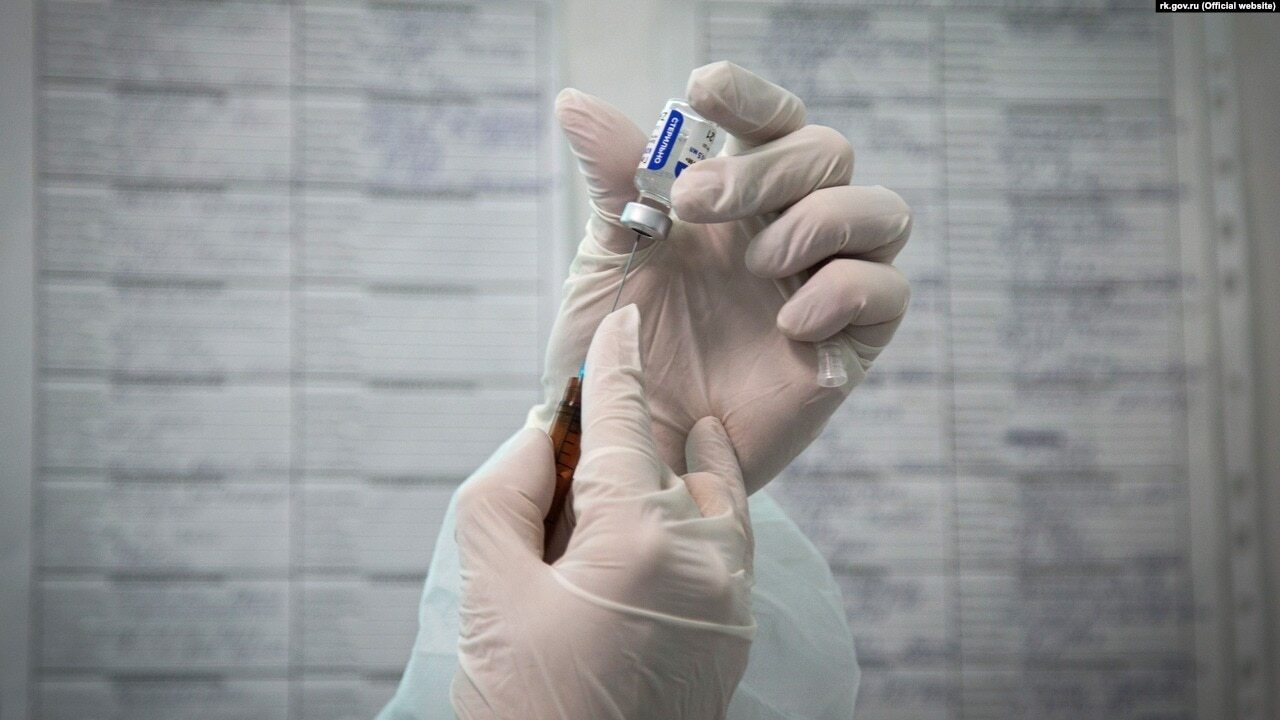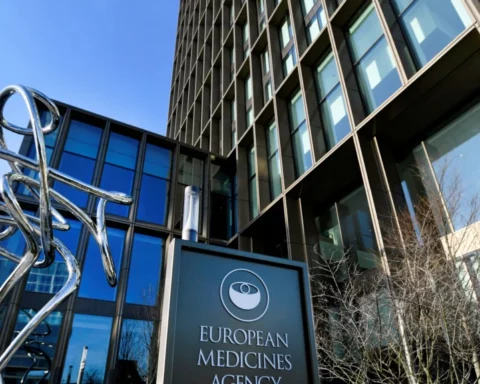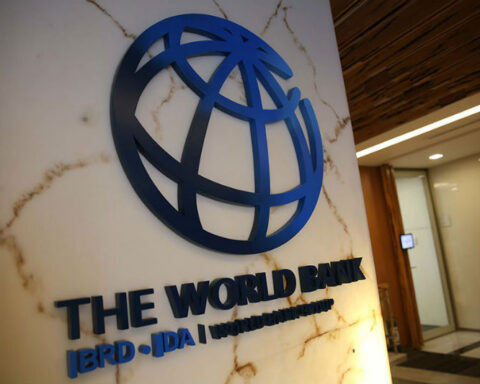The regulator, known as Anvisa, voted unanimously on April 26 not to approve the Russian vaccine, which has been requested by state governors battling a deadly second wave of the coronavirus.
“We will never allow millions of Brazilians to be exposed to products without due verification of quality, safety, and efficacy,” Anvisa President Antonio Barra Torres said.
Ana Carolina Moreira Marino Araujo, general manager for health monitoring, said that taking into account all the documentation presented, data acquired at in-person inspections, and information from other regulators, “inherent risks” were too great.
Asked to comment on the Brazilian decision, Kremlin spokesman Dmitry Peskov said on April 27 that Russia was ready to send all necessary data to Brazil.
“Contacts will continue, if certain data is missing, it will be provided, there should not be any doubt here,” Peskov told reporters.
The Sputnik V shot has been approved in several countries around the world. Developed by Moscow’s Gamaleya Institute, the vaccine overcame initial international skepticism after peer-reviewed results published in the medical journal The Lancet showed it to be safe and 91.6 percent effective against COVID-19.
Sputnik V is a vector vaccine based on the human adenovirus, which causes the common cold.
A crucial issue for Anvisa was the presence of the adenovirus in the vaccine and concerns that it could reproduce. Anvisa’s medicines and biological products manager Gustavo Mendes called this a “serious” defect.
Brazil’s vaccination program has been hampered by delays and difficulty in purchasing vaccines as the number of new COVID-19 infections daily push the national health system to the brink of collapse.
Brazil has registered 14.4 million confirmed cases and almost 400,000 deaths from COVID-19, the second-highest globally after the United States.
So far 27.3 million people in Brazil, about 13 percent of the population, have received at least one dose of vaccine, according to Health Ministry data.
On April 27 in Geneva, a spokeswoman for the World Health Organization (WHO) said the UN health agency was still discussing the Russian-developed vaccine and had yet to set a date to evaluate the shot’s clinical data for a possible emergency-use listing.
“On Sputnik, we are still waiting, we are still in the back-and-forth stage. So we don’t have a review meeting scheduled yet,” Margaret Harris told a news briefing.
The vaccine is also being reviewed by the European Medicines Agency (EMA). Despite the lack of approval by Europe’s medicines regulator, EU member Hungary has begun using it as part of its vaccine rollout.
Slovakia has also ordered doses but on April 7 the Slovak State Institute for Drug Control said that there were lingering questions about the efficacy and risks of the Russian vaccine due mainly to inadequate data from the producer, and that was preventing rollout of the vaccine across the country.
The institute said a day later that the Sputnik V doses it was examining were not the same as those being reviewed by the EMA, or apparently those that were reviewed by The Lancet.






